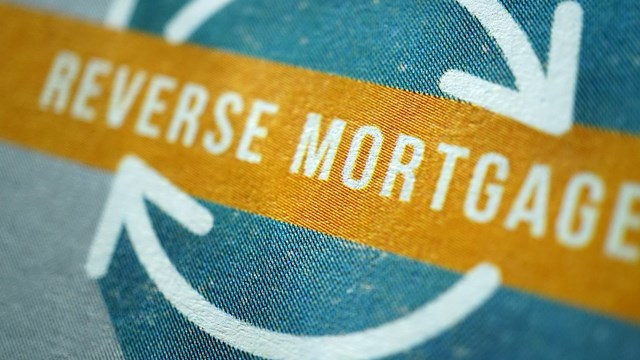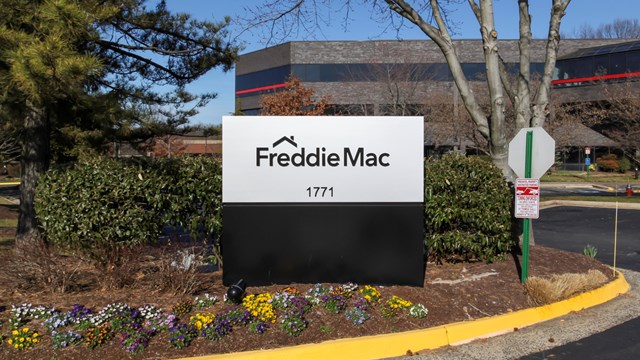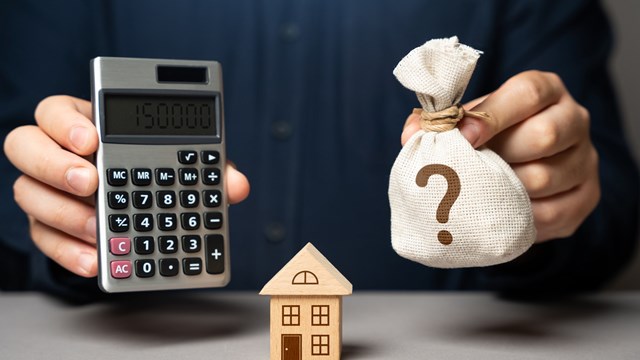There has been a recent push by federal, state and local legislators to get reverse mortgages or Home Equity Conversion Mortgages (HECM) approved for residential cooperatives.
The federal Department of Housing and Urban Development (HUD) has not as of yet acted to expand the reverse mortgage program to co-ops, even after 16 years of efforts by the National Association of Housing Cooperatives (NAHC) and the Council of New York Cooperatives & Condominiums (CNYC), both organizations which have been lobbying for legislation in this regard.
In May, New York State Sen. Jeffrey Klein (D-34) introduced S. 07844 and Assemblyman Jeffrey Dinowitz (D-81) proposed A.10246 as its companion bill. Klein’s and Dinowitz’s legislation seek to amend the state’s real property law in order to authorize proprietary reverse mortgages in New York for seniors age 70 and older.
One of the problems in gaining approval for co-ops, according to CNYC executive director Mary Ann Rothman, is that unlike condo units, co-ops are not real property. Shareholders own shares in a corporation that owns the building; ownership of shares entitles the shareholder to residence within the corporation’s physical address, and as such there is nothing to collateralize for the real estate in a co-op, she explained.
According to Reverse Mortgage Daily, a blog for the reverse mortgage industry, Congressman Eliot Engel (D-NY), a senior member of the House Energy and Commerce Committee, recently met with HUD Secretary Julián Castro to ask about the federal agency taking steps to allow co-op owners to participate in the HECM program. He called on HUD to pass regulations to expand access to seniors living in cooperative housing.
“While Congress extended the reverse mortgage option to co-op owners through the Housing and Economic Recovery Act of 2008, HUD has not issued the regulations needed to execute this section of housing law,” Engel said in a written statement.
The Federation of New York Housing Cooperatives and Condominiums (FNYHC) issued an alert to its members thanking them for their support of the bills, and noted that the session ended without passage. However, they intend to try again for passage in January.
What is a Reverse Mortgage?
The first reverse mortgage was given in 1961, but that was an isolated case given by a local savings and loan in Portland, Maine, to the widow of the lender’s high school football coach. The concept became more popular in the 1980s, according to Brian Sullivan, a supervisory public affairs specialist for HUD. Essentially, a reverse mortgage is a special type of home loan that lets the borrower (62 years of age or older) living in a single-family home, condo or townhouse, convert a portion of the equity in their home into cash. In 1987, under the influence of the AARP, Congress created the Home Equity Conversion Mortgage, or reverse mortgage program. In 1989, HUD selected 50 lenders to make the first FHA-insured reverse mortgages.
“As America has grown older, truthfully, we’ve aged as a nation, and senior citizens are seeing this as a viable, sustainable way of providing them some security later in life, and allowing them to age gracefully in place, which is really why the program was born,” Sullivan says.
As previously mentioned, reverse mortgage applicants must be 62 years or older; own the property outright or have a small mortgage balance; occupy the property as their primary residence; not be delinquent on any federal debt; and participate in a consumer information session given by an approved HECM counselor.
Although interest does accrue, the mortgage doesn’t become due or payable until the borrower passes away or moves out of the home permanently, says Peter Bell, president and CEO of the National Reverse Mortgage Lenders Association (NRMLA). Lenders recover their principal, plus interest, when the home is sold, usually by the borrower or heirs, and the remaining value of the home goes to the borrower or heirs.
“As the American population continues to age,” says Steve Irwin, the executive vice president of the NRMLA, “there are 10,000 people per day turning 62.”
Home equity conversion mortgages account for around 90 percent of all reverse mortgages originated in the U.S. Property types eligible for a HUD-backed mortgage are single family homes; 2-4 unit homes when one unit is occupied by a borrower; a HUD-approved condominium project; or a manufactured home that meets Federal Housing Administration (FHA) requirements.
“This can be a powerful loan product to enhance a person’s retirement,” Irwin says. “It can be a tremendous benefit to allow them to stay in their homes.”
Potential applicants can also get a proprietary reverse mortgage, which are private loans backed by the companies that develop them. However, these are not federally insured. Single purpose reverse mortgages are offered by some state and local government agencies, as well, but they too are not federally insured.
A Hiccup for HECM?
Reverse mortgages are not for everyone, said Sullivan. Borrowers must take a mandatory counseling session to determine if the mortgage product is for them, and they must fulfill HUD’s financial requirements and have ample equity in their property to obtain the loan.
Of course, not everything always goes smoothly. What happens when a borrower moves or passes away? What does it mean that “The repayment can’t exceed the value of the home?” And what if the market bottoms out and the estate can’t get enough money for the property?
These topics, according to Sullivan, are covered during the aforementioned HECM counseling sessions. Lenders recover their principal, plus interest, when the home is sold, usually by the borrower or heirs, and the remaining value of the home goes to the borrower or heirs. “If the sales proceeds are insufficient to pay the amount owned,” Sullivan says, “FHA will pay the lender the amount of the shortfall. FHA collects an insurance premium from all borrowers to provide this coverage.” Even though the FHA makes up the shortfall, however, losses are still a matter of concern.
What about accidents or disasters—for example, what happens if the housing unit or building the mortgage was taken out for has a fire, or becomes uninhabitable because of mold or other conditions? The answer, as with all mortgages, is that borrowers are required to have adequate homeowners’ insurance on the property.
“There are liabilities taken on by lenders as part of their responsibilities as FHA lenders,” adds Bell, but “the FHA insurance is designed to help mitigate those liabilities.” And HUD and the FHA recently enhanced its requirements capping the amount borrowers are allowed to take upfront and developing criteria that would allow non-borrowing spouses to stay in the home following the death of the borrower.
As for co-ops, the door has opened a crack for ultimately gaining approval of reverse mortgages, but HUD still is shutting cooperative homeowners out of the HECM process.
Debra A. Estock is managing editor of The Cooperator.







Leave a Comment